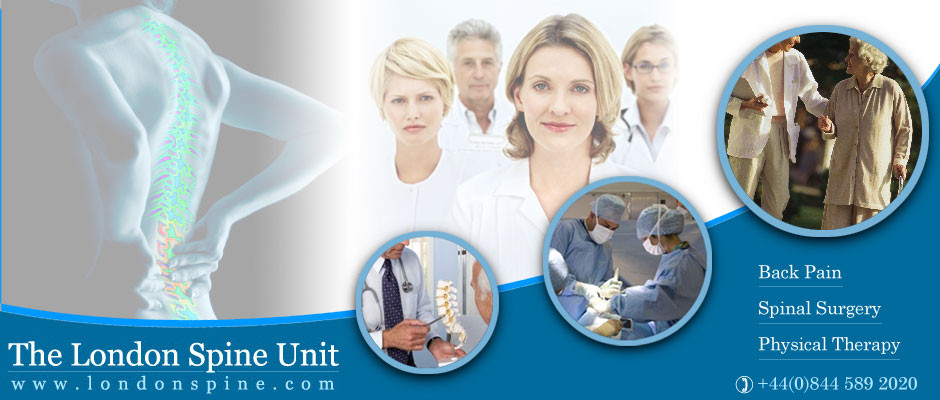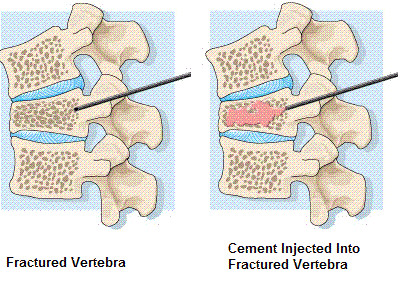Osteoporosis is a disease characterized by the progressive loss of bone density and, consequently, by an increased risk of bone fractures. A disease that mainly affects people over 50, especially women - the prevalence is up to four times higher in the female population than in the male population - and which constitutes a serious threat not only to the quality of life of patients but even for their life expectancy. Hence the importance of adopting healthy lifestyle habits, since childhood, to prevent it. And also, to take supplements with calcium and/or vitamin D to strengthen the bones and reduce the risk of fractures. But is this really the case? According to a study carried out by researchers from the First Hospital Center of Tianjin (China), no.
It was shown that the use of supplements with calcium, vitamin D or both was not associated with a lower risk of fractures in elderly people. Thus, their findings do not support the routine use of these supplements in this population.
Calcium is the mineral that confers stiffness and hardness to bones. In fact, it is estimated that calcium, either in the form of phosphate or carbonate, accounts for up to 45% of the composition of the bones, so their lack makes us have weaker bones and, therefore, present an increased risk of developing osteoporosis. But it's not just about calcium. We also need vitamin D, essential for the body to be able to absorb calcium and regulate its passage to the bones.
At this point, it must be considered that the body is unable to produce calcium by itself, so it must be acquired through the diet. And in order to ensure a sufficient supply of this mineral, we can also use the concentrates - that is, the supplements - with calcium. And the same happens with vitamin D, especially in those times when, as usually happens in winter, the sun shines by its absence - the sun's rays help us transform cholesterol into vitamin D-. So much so that, based on the results achieved in many studies, the guidelines published by medical societies recommend taking calcium and vitamin D supplements to prevent osteoporosis. However, many of the studies developed have also concluded that taking these supplements is not worth anything - or at least, in terms of reducing the risk of fractures.


















